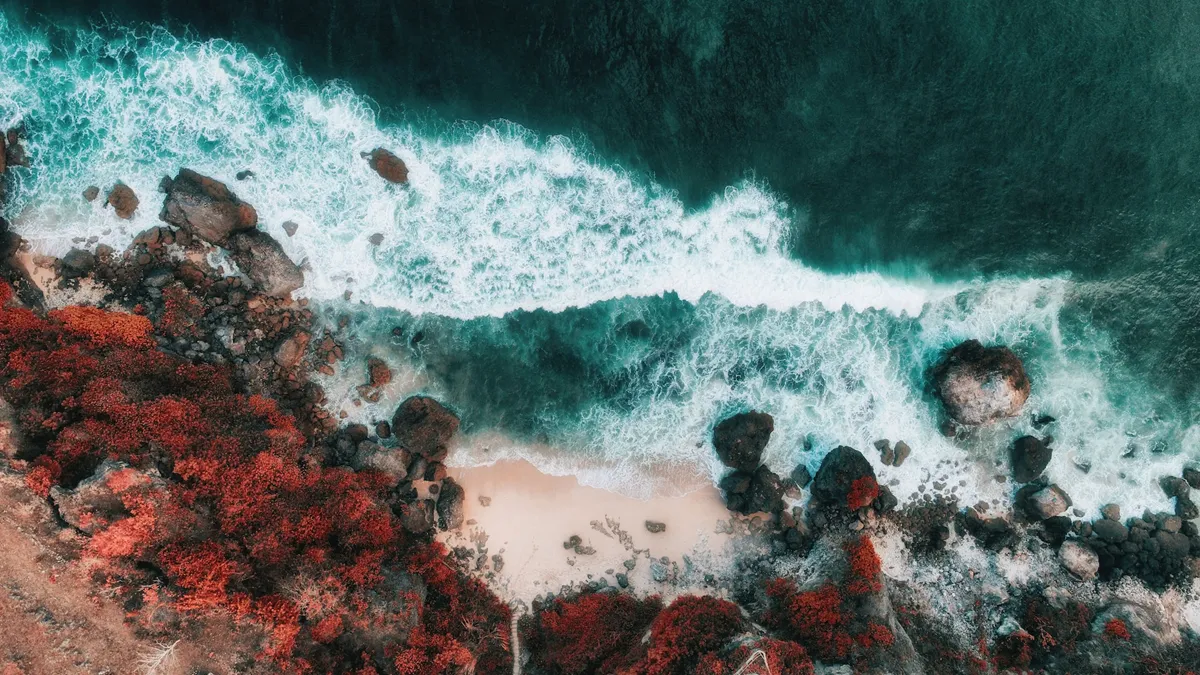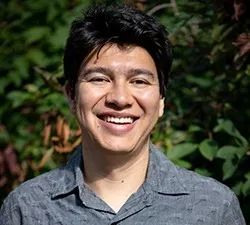Work with us
GEDB is a highly trans-disciplinary research environment which aims to produce cutting-edge, innovative science, addressing issues critically important to society right now and in the future.
This kind of work provides the opportunity and platform for learning about:
• How to do multidisciplinary research, across disciplines and experience.
• What that means for both formulating research questions to integrating theories and methods from different fields.
If you are interested in PhD, Post-Doc or research assistant positions, you must formally apply through position advertisements on the news section of our website.
We do not consider applications when we are not hiring.








